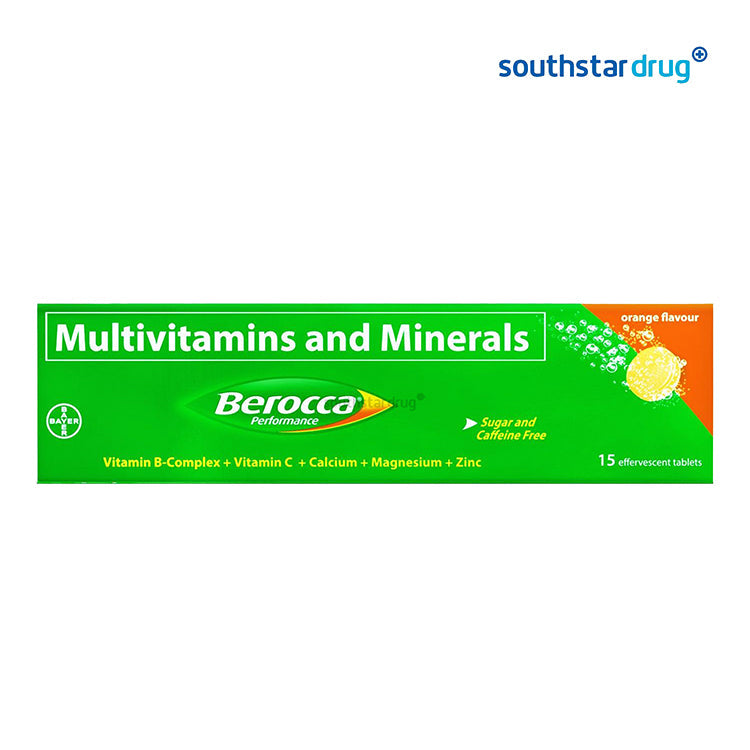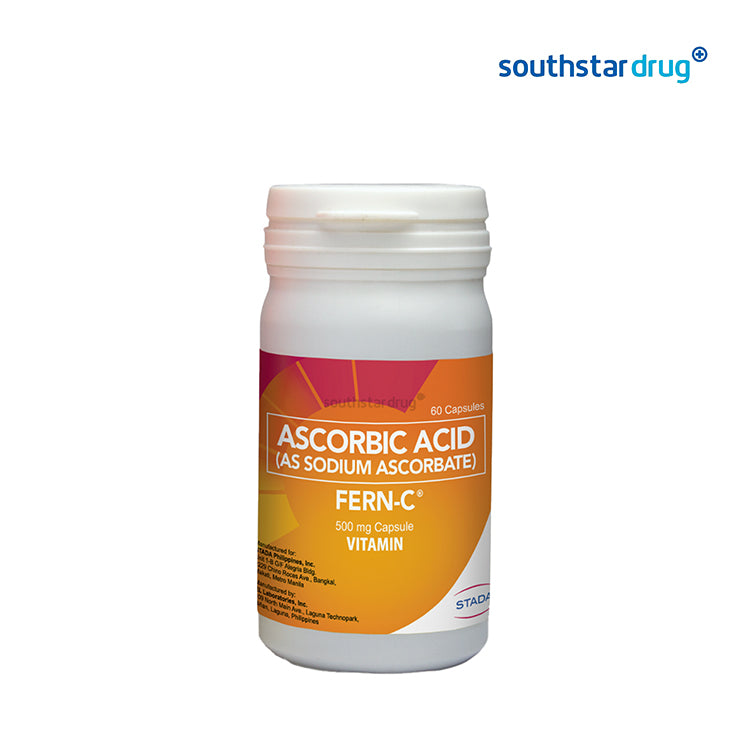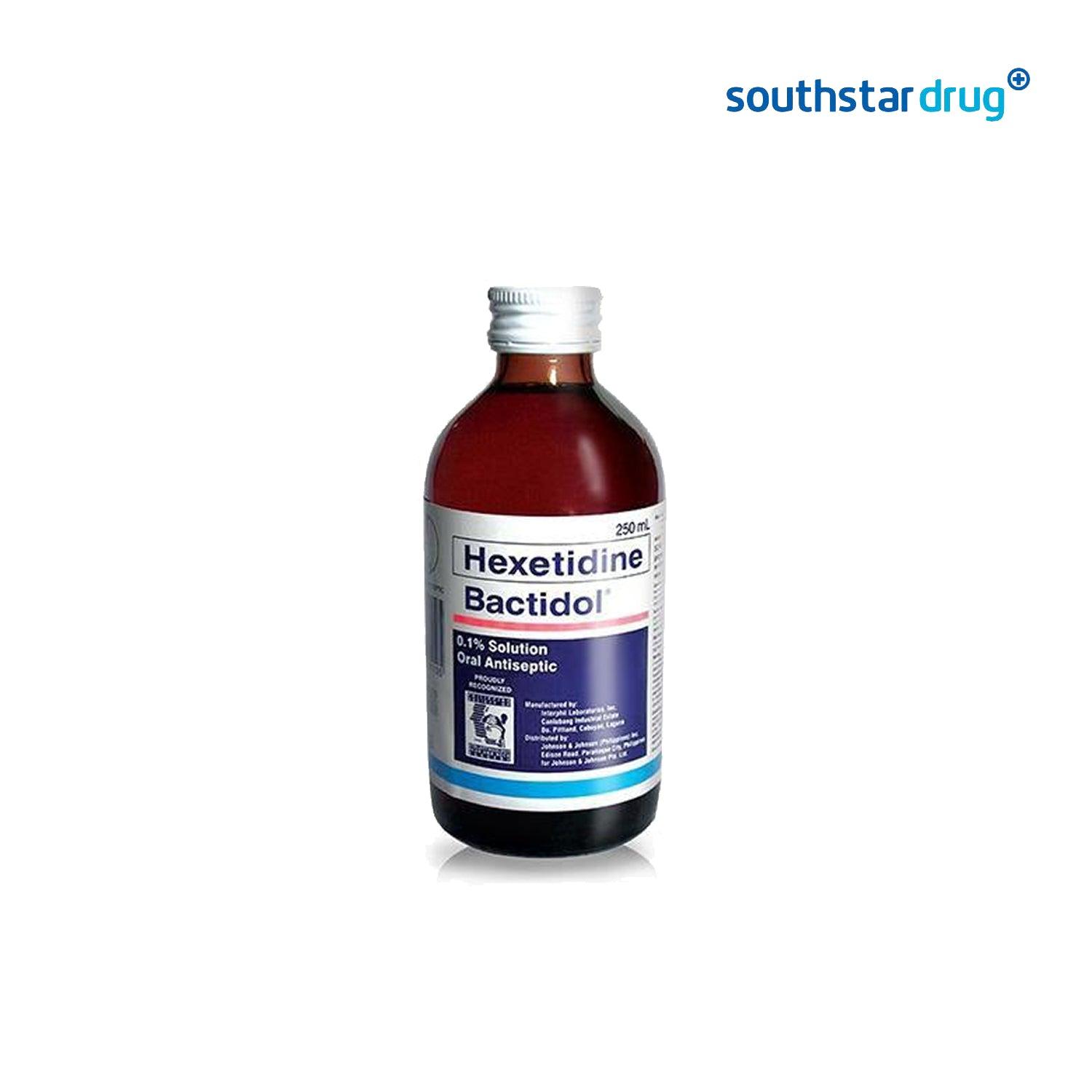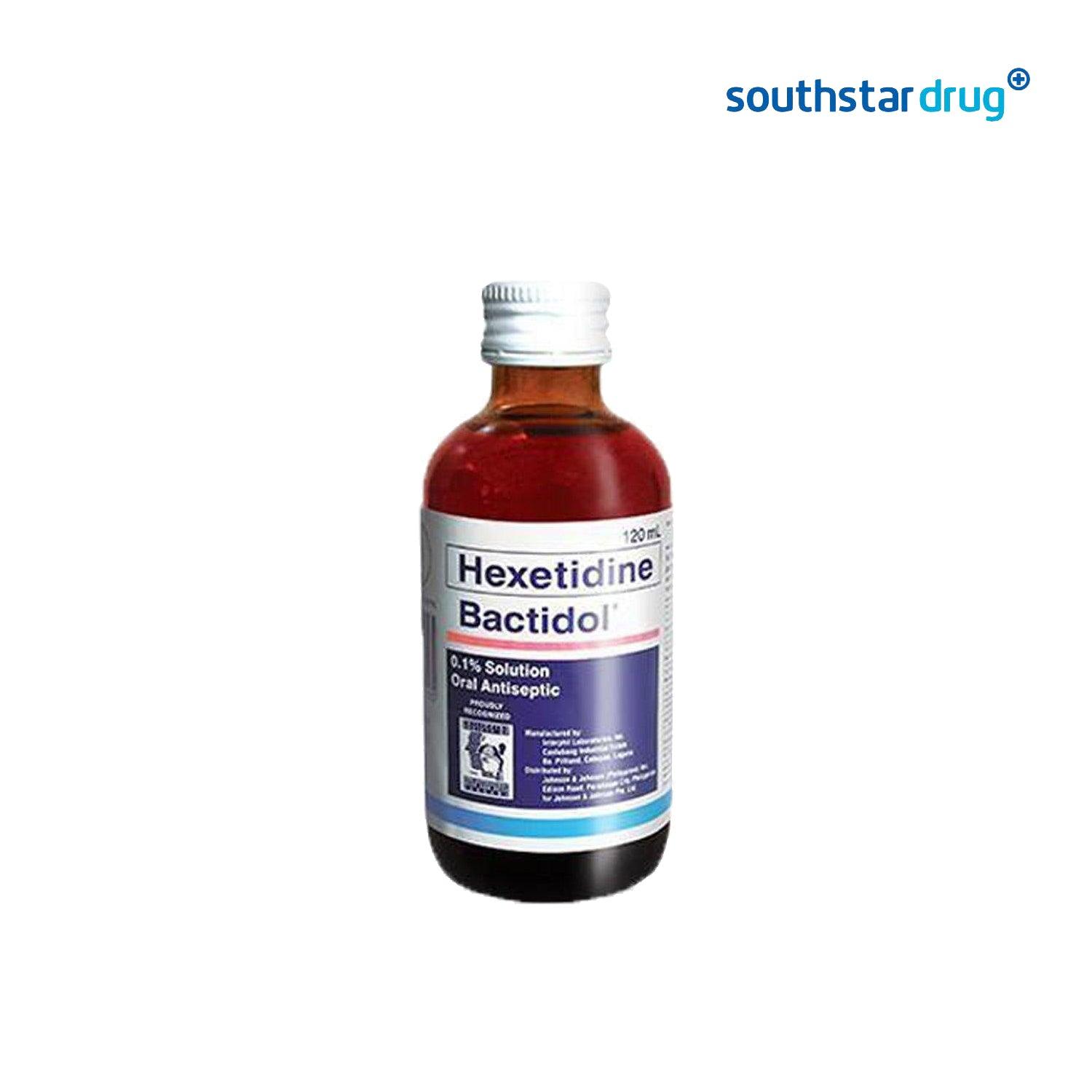Disclaimer: This article features medical and health topics for educational and informational purposes only. It is not intended to replace or serve as medical or professional advice for self-diagnosis, self-treatment, self-medication, or the like for any health-related condition or medical emergency. Make sure to consult a health care or medical professional for proper medical care, diagnosis, or treatment related to your situation.
COLORECTAL HEALTH
Colorectal health is about the condition of the lower body. This is often related to and focuses on the abdomen, colon, and rectal health. Around the world, these are points of concern for a lot of people both young and old.
Some people who might be feeling some discomfort or changes in their bowel habits would not give their findings a second thought. Thus, this article hopes to raise awareness and encourage diagnosis when it comes to maintaining good colorectal health. But before we talk about the issues one may encounter, let us first understand the colon.

THE IMPORTANCE OF OUR COLON
The colon or the large intestine is the part of our digestive system that is divided into segments with the rectum being the last segment before the anus. At face value, when spread out, its length can be compared to a queen-sized bed. Considering this, the whole length fits in your abdomen because it circles from up and across the right side and down to the left.
Technically, each segment has its dedicated function but basically, you can compare your colon to a plumbing system. This circuit is like a tube that works all day complementing the stomach and small intestine by doing the post processing of your meals—removing waste products in your body. It produces digestive fluids that allow for stool to pass out of the body. By this process, a person can maintain the fluid and electrolyte balance of the body. There are three main functions of the large intestine:
AVOID RISK FACTORS
An individual’s lifestyle is mainly the greatest factor linked to many of the health issues a person may suffer from. Generally, the weight, diet, drinking and daily habits of a person contributes to the state of our constitution. Here are some factors researchers have determined to watch out for considering colorectal health.
- Access to healthcare and quality life. People who are challenged or have no access to health insurance, healthy food, clean water, and a safe environment are likely to suffer from health issues such as colorectal diseases because of lack of detection and treatment. Early detection could help prevent or cure those who are afflicted.
KEEPING YOUR COLON HEALTHY
Ideally, a healthy colon is hydrated and clean. Aside from drinking lots of water, it is also important to avoid fatty foods, sweets and too much red meat. Keep the colon healthy and avoid complications by diligently observing these tips.
- Eat a high-fiber diet. These are foods that keep you full longer like whole grains, fruits, vegetables, nuts, and seeds. Since these are more difficult and take longer to chew, it helps you to eat slower, allowing you to savor the food and prevent overeating. Meals high in fiber also promote good bowel movement.
- Eat red meat and processed meat in moderation. This practice helps avoid health risks such as obesity, heart disease and even cancer. With less red and processed meat, your diet can lean more in favor of meals high in fiber, nutrients, and antioxidants, thus helping you maintain a healthy gut.
- Exercise daily. Its major advantage is allowing yourself to manage your weight better. With regular exercise, you can lower blood cholesterol, lower blood pressure and lower risk of diseases like diabetes and some cancers. It helps you become stronger as it also improves memory and brain function.

TALK TO A DOCTOR
Considering the importance of colorectal health and the risk factors that may give it trouble, it is important to have consciousness and commitment. Avoid bad habits and activities that may contribute to the development of health issues of the colon. At the onset of any pain or discomfort, do not hesitate to go to a doctor to get professionally checked and diagnosed.












